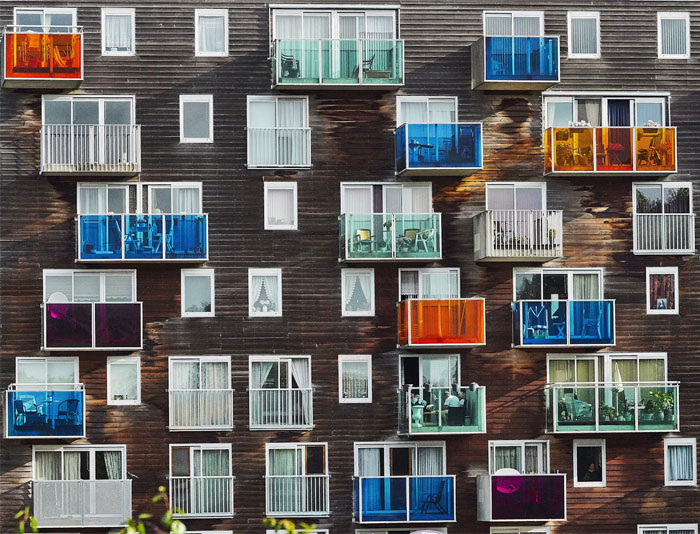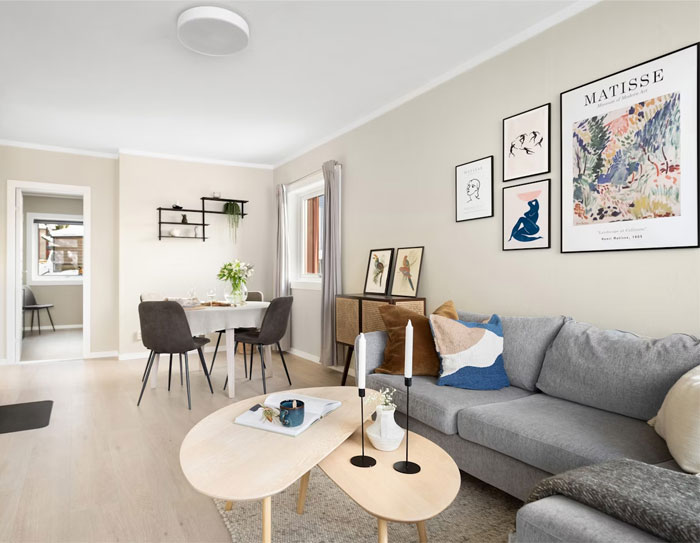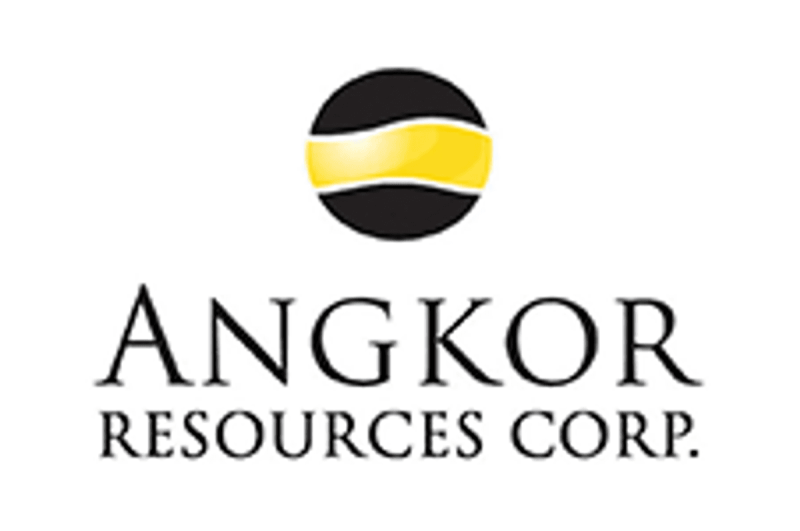What Are the Goals for Being on an HOA Board?

Joining a Homeowners Association (HOA) board is a big responsibility. It can be a rewarding experience, but it also requires time, effort, and dedication. Understanding the goals for being on an HOA board can help members focus their efforts and serve their community well. Here’s a look at some of the key goals for HOA board members.
Ensuring Financial Stability
One of the most important goals for any HOA board is to ensure the financial stability of the association. This involves:
Creating and Managing the Budget
HOA boards are responsible for creating and managing the community’s budget. This includes planning for regular expenses, such as landscaping and maintenance, and setting aside funds for long-term projects and emergencies.
Collecting Dues
Ensuring that all homeowners pay their dues on time is crucial for maintaining financial health. The board must have a fair and consistent process for collecting dues and handling delinquent accounts.
Managing Reserves
The board must also manage reserve funds responsibly. These funds are set aside for major repairs and replacements, such as roofing or paving. Proper reserve management helps avoid special assessments and ensures that the community’s assets are maintained.
Maintaining Community Standards
Another key goal for HOA board members is to maintain the community’s standards. This involves enforcing rules and regulations fairly and consistently.
Enforcing Covenants
Covenants, Conditions, and Restrictions (CC&Rs) are the rules that homeowners agree to follow when they move into the community. The board is responsible for enforcing these rules to ensure that the community remains a pleasant place to live.
Addressing Violations
When homeowners violate the CC&Rs, the board must address these issues promptly and fairly. This helps maintain property values and ensures that all residents follow the same rules.
Updating Rules
As the community evolves, the board may need to update the rules and regulations. This can involve working with legal counsel and seeking input from homeowners to ensure that the rules reflect the community’s needs and values.
Enhancing Property Values
HOA board members also work to enhance property values. This can involve a variety of activities, from maintaining common areas to planning community events.
Maintaining Common Areas
One of the board’s primary responsibilities is to maintain common areas, such as parks, pools, and clubhouses. Well-maintained common areas can significantly enhance property values and make the community more attractive to potential buyers.
Planning Improvements
The board should also plan for future improvements. This can include everything from updating landscaping to adding new amenities. These improvements can enhance the community’s appeal and increase property values.
Organizing Events
Community events, such as holiday parties or neighborhood clean-ups, can foster a sense of community and enhance property values. The board can organize these events to bring residents together and build a stronger, more connected community.
Building Community
Building a sense of community is another key goal for HOA board members. This involves fostering good relationships among residents and ensuring that everyone feels heard and valued.
Communication
Effective communication is crucial for building community. The board should keep residents informed about important issues and decisions through newsletters, emails, or community meetings.
Listening to Residents
Listening to residents’ concerns and suggestions is also important. The board should provide opportunities for homeowners to share their thoughts and feedback, whether through surveys, suggestion boxes, or open meetings.
Resolving Conflicts
Conflicts are inevitable in any community. The board should have a fair and transparent process for resolving disputes between residents or between residents and the board. This helps maintain harmony and ensures that everyone feels heard.
Legal Compliance
Ensuring that the HOA complies with all relevant laws and regulations is another important goal for board members.
Understanding the Law
Board members should be familiar with local, state, and federal laws that affect the HOA. This can include everything from fair housing laws to regulations governing meetings and records.
Working with Legal Counsel
The board should work with legal counsel to ensure that all decisions and actions comply with the law. This can help prevent legal issues and protect the association.
Regular Training
Regular training for board members can help ensure that everyone understands their responsibilities and the legal requirements. This can include attending workshops or seminars or working with a professional management company.
Transparency and Accountability
Transparency and accountability are key to building trust with homeowners and ensuring effective governance.
Open Meetings
The board should hold open meetings that allow homeowners to attend and participate. This promotes transparency and ensures that residents are informed about important issues and decisions.
Clear Communication
Clear communication about decisions, finances, and other important matters is crucial. The board should provide regular updates and be open to questions and feedback from residents.
Accountability
Board members should be accountable for their actions. This means being transparent about decisions, avoiding conflicts of interest, and always acting in the best interests of the community.
Conclusion
Being on an HOA board is a big responsibility, but it can also be very rewarding. By focusing on key goals such as ensuring financial stability, maintaining community standards, enhancing property values, building community, ensuring legal compliance, and promoting transparency and accountability, board members can serve their community effectively. Whether you’re new to the board or a seasoned member, understanding these goals can help you make a positive impact and ensure that your community thrives.







